Publications
Articles, publications, books, tools and multimedia features from the U.S. Institute of Peace provide the latest news, analysis, research findings, practitioner guides and reports, all related to the conflict zones and issues that are at the center of the Institute’s work to prevent and reduce violent conflict.
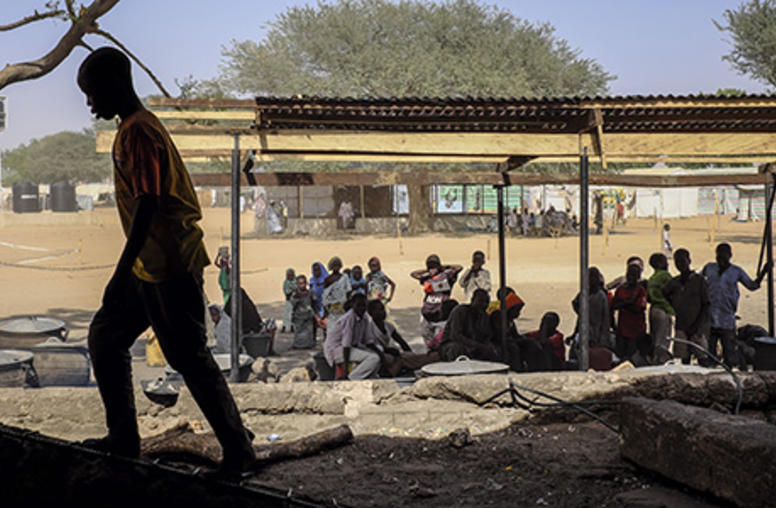
Nigerian Governors Set to Discuss Paths to Progress
The urgent challenges for Nigeria’s powerful northern state governors range from addressing a humanitarian crisis sparked by Boko Haram’s insurgency to boosting economic growth with alternatives such as agriculture to make up for declining oil revenue, Johnnie Carson, a senior advisor at the U.S. Institute of Peace, said ahead of a governors’ symposium to be held at the Institute next week.
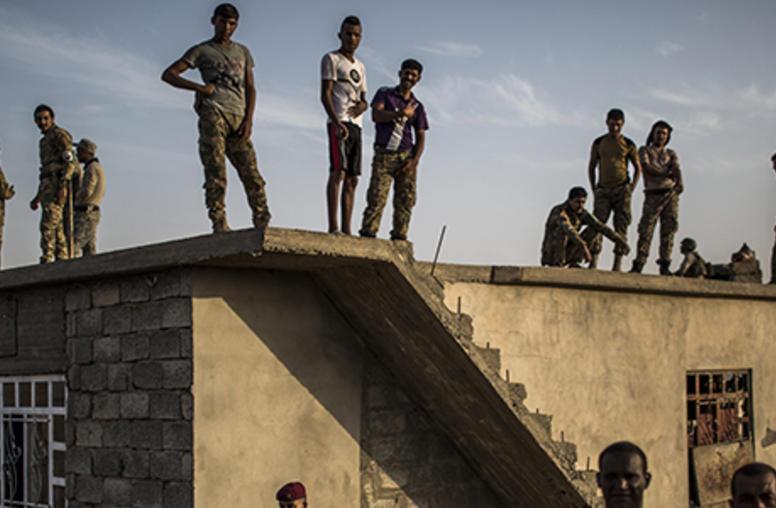
Mosul After ISIS: No Clear Plan for Peace
Two weeks into Iraq’s offensive to recapture Mosul from ISIS militants, the government and its fractious allies have not agreed on how to stabilize and govern the disputed region in the aftermath. The threat of new rounds of conflict, even after a recovery of Mosul from ISIS, is highlighted by the weekend’s surprise advance by Shia Muslim militias, which make up one of at least four main rival forces in the assault. The militia units announced that their fighters had begun a drive on the cont...
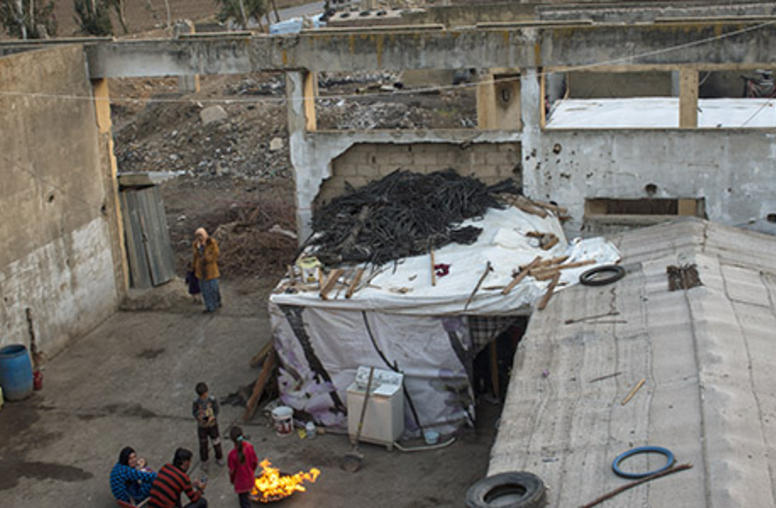
Q&A: Can Lebanon’s New President Defuse Major Crises?
The Lebanese Parliament’s selection this week of General Michel Aoun as president ends 2 ½ years of a leadership vacuum that mired decision-making on fundamental economic, social and political crises facing Lebanon. The Parliament had been unable to elect a new president since May 2014, even as it faced emergencies such as the influx of more than 1 million refugees from the war in neighboring Syria. USIP Middle East and North Africa Director Elie Abouaoun examines the potential effect of the ...
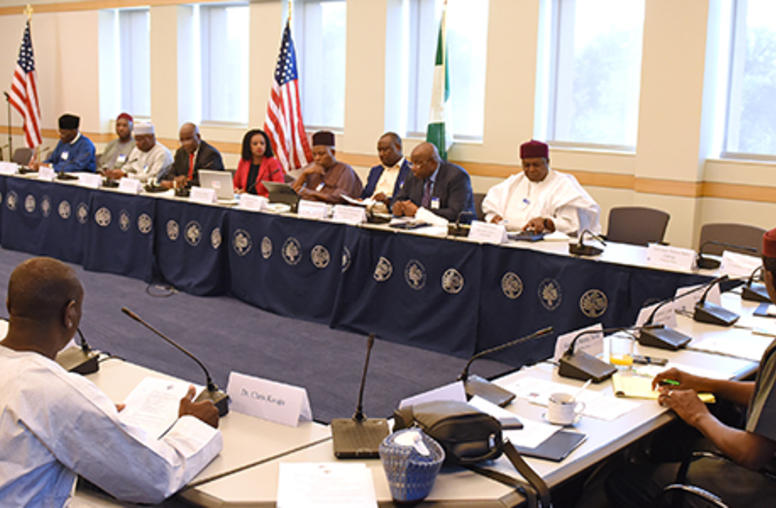
Nigerian Governors on Ways to Halt Crises, Boko Haram
A dozen governors from northern Nigeria say their region’s crises—warfare, poverty and millions of uprooted people—can be ended only with initiatives for education, reconciliation among rival groups, and the political inclusion of minorities and women. As Nigeria works to repair and build relations between police and communities, several governors said, the country’s federally run police system should be complemented with state or local police forces. The elected state governors, who wield im...
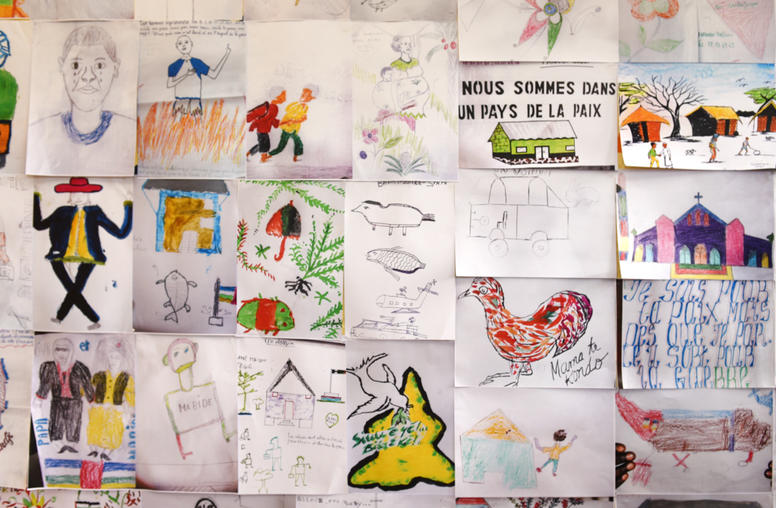
Q&A: Central African Republic Waiting for Peace
Nine months after the Central African Republic (CAR) held free, peaceful and democratic elections for president and parliament, the country continues to struggle for stability and progress. Half of the country remains in need of humanitarian aid, and an increase in violent incidents since September threatens to destabilize any progress made to date. At the end of November, clashes between factions of the ex-Séléka, a formerly united alliance of primarily Muslim armed groups, left 85 dead, 76 injured and 11,000 newly displaced.
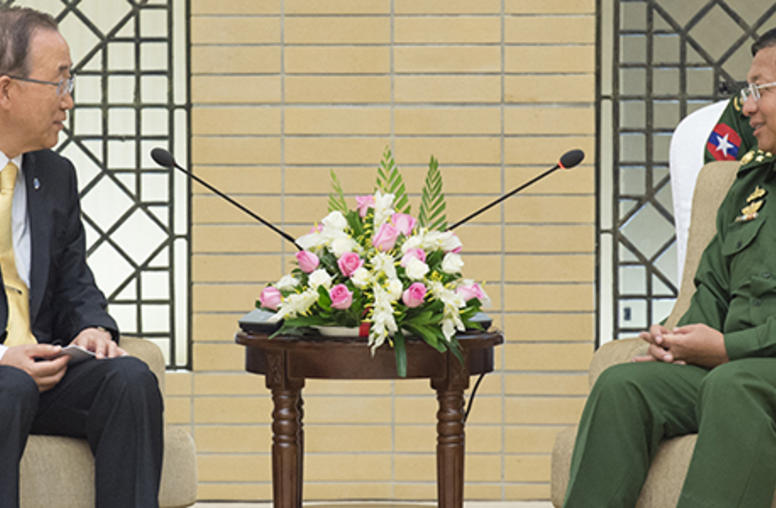
Myanmar Peace Process: Slow Progress, Delicate Steps
The peace process in Myanmar, which seeks to end decades of conflicts between the country’s army and an array of rebel groups, is progressing fitfully but could still face a reversal, experts on the Southeast Asian nation said in a discussion at the U.S. Institute of Peace. To drive it forward will require that the country’s new democratic leadership to skillfully manage relations with the still-powerful military while pushing negotiations and building confidence with the nation’s diverse arm...

Experts Survey U.S.-Pakistan Ties Under President Trump
As the United States prepares for a transition to a President Donald Trump administration, what might be the future of America’s relationship with Pakistan? U.S.-Pakistani relations got little attention in the U.S. presidential election campaign, but four former senior U.S. and Pakistani officials offered what they said were likely scenarios November 16 in a forum at USIP. All four acknowledged past tensions in the relationship. Looking ahead, they cautioned against any deep rupture. “For the...
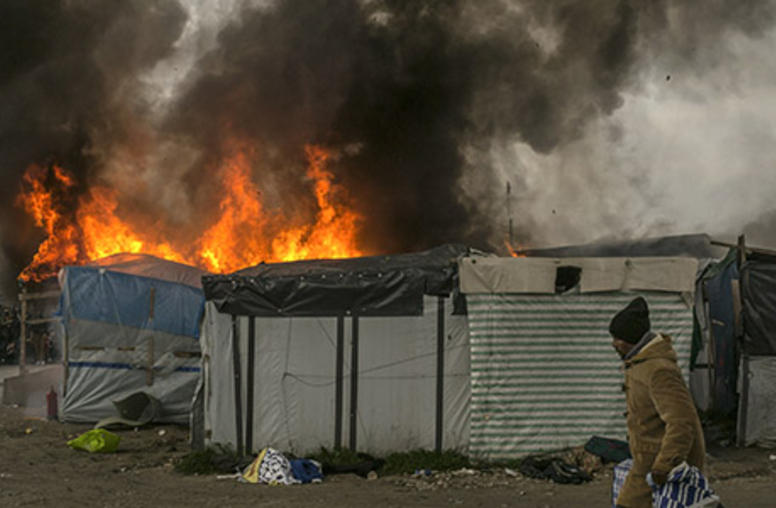
World Bank Seeks Crisis Flexibility for Long-Term Impact
The World Bank Group generally reserves its cheapest loans for the world’s poorest countries. But as protracted conflicts have swelled the number of global refugees, the bank in September unveiled a new, more flexible crisis program that allows, for example, middle-income Jordan and Lebanon, both inundated with uprooted Syrians, to borrow on the bank’s most favorable terms. The shift reflects a growing consensus that traditional distinctions among relief, reconstruction and development work a...
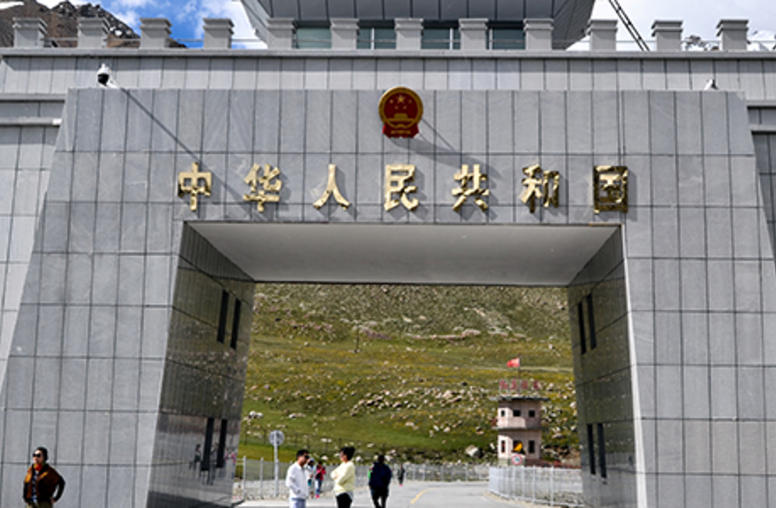
China-Pakistan Economic Corridor: A Road to Peace?
Three weeks ago, trucks carrying goods from China began offloading containers to ships at the Pakistani port of Gwadar, marking the operational opening of the Chinese built-and-financed China-Pakistan Economic Corridor (CPEC). The scale of the $51 billion infrastructure scheme will change Pakistan in ways that offer hope for easing its internal conflicts and its destabilizing fear of international isolation, experts said in a discussion at the U.S. Institute of Peace.
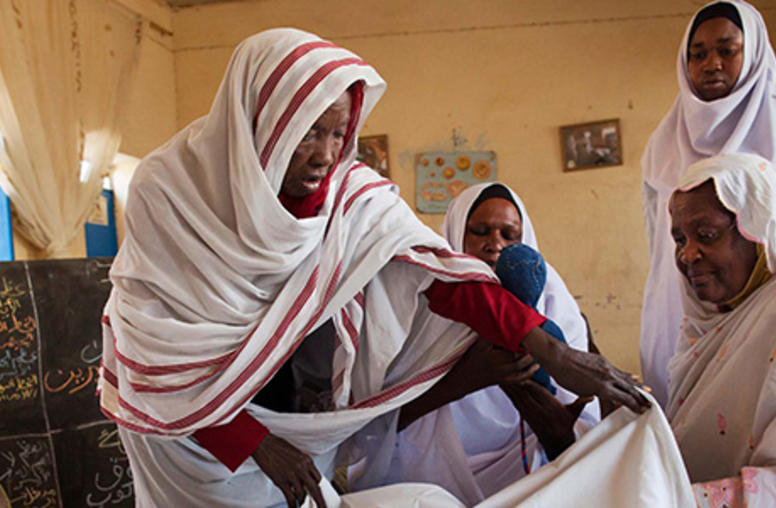
Can Female Genital Mutilation/Cutting Be Stopped?
When she was merely a week old, Jaha Mapenzi Dukureh underwent female genital mutilation in her native Gambia. But the 26-year-old mother of three, now living in the United States, knows the procedure is not something that happens only in some far-off country. She is an outspoken advocate for ending the custom. At a daylong conference at the U.S. Institute of Peace, Dukureh and other experts and government officials detailed the difficulties—and possibilities—of ending a practice that has bee...